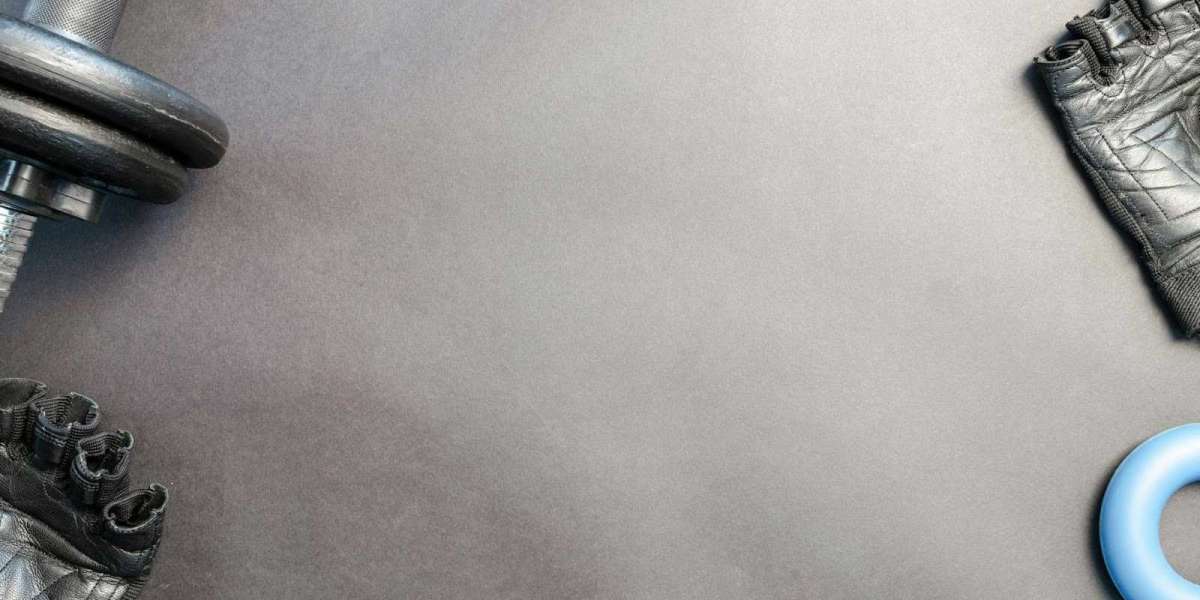Experiencing a heating breakdown can be a daunting and stressful ordeal, especially during the colder months. This comprehensive guide will provide you with the necessary knowledge to understand, diagnose, and fix common heating breakdown problems efficiently and effectively.
Introduction
A heating breakdown can disrupt the comfort of your home, leading to cold discomfort and potential health risks. Understanding the common causes and solutions for heating system issues can save you time, money, and hassle. This guide will walk you through the intricacies of heating systems, helping you to troubleshoot and resolve breakdowns with confidence.
Understanding Heating Systems
Heating systems come in various forms, including furnaces, boilers, heat pumps, and radiators. Each type has its own set of components and potential issues. Understanding the basics of your specific system is crucial for effective troubleshooting.
Types of Heating Systems
- Furnaces: Use air to distribute heat throughout the home. Common issues include faulty thermostats, dirty filters, and ignition problems.
- Boilers: Heat water to generate steam or hot water for heating. Common issues include low water levels, malfunctioning thermostats, and pump failures.
- Heat Pumps: Transfer heat from the outside air or ground to heat the home. Common issues include refrigerant leaks, compressor failures, and sensor problems.
- Radiators: Distribute heat through a series of connected pipes. Common issues include air pockets, valve problems, and leaks.
Common Components and Their Functions
- Thermostats: Control the temperature setting of the heating system.
- Heat Exchangers: Transfer heat to the air or water.
- Blower Motors: Circulate air through the system.
- Pumps: Move water through the boiler and radiators.
- Ductwork: Distributes heated air throughout the home.
Identifying Heating Breakdown Issues
When your heating system breaks down, it's essential to identify the root cause to apply the correct solution. Here are some common signs of heating system issues and their potential causes.
Unusual Noises
Hearing strange noises from your heating system can indicate a problem. Common noises include banging, clanking, or whistling, which may be due to loose components, air in the system, or mechanical failures.
Inconsistent Heating
If some rooms are warmer than others, or if the heating system is not maintaining the set temperature, this could indicate issues with the thermostat, ductwork, or heat distribution components.
Frequent Cycling
Heating systems that turn on and off frequently may have issues with the thermostat, blower motor, or electrical connections. This can lead to inefficient heating and increased energy costs.
No Heat
A complete lack of heat can be caused by a variety of issues, including a malfunctioning thermostat, pilot light problems, or electrical failures. Checking these components can help pinpoint the problem.
Diagnosing Heating System Problems
Diagnosing the exact issue with your heating system requires a systematic approach. Here's a step-by-step guide to help you identify and resolve common heating breakdown problems.
Check the Thermostat
Ensure the thermostat is set to the correct temperature and mode (heating). Replace the batteries if necessary and verify that the thermostat is functioning correctly.
Inspect the Filters
Dirty or clogged filters can restrict airflow and reduce the efficiency of your heating system. Replace or clean the filters regularly to maintain optimal performance.
Examine the Pilot Light
For gas furnaces, check the pilot light to ensure it is lit. If the pilot light is out, follow the manufacturer's instructions to relight it. If it does not stay lit, there may be an issue with the gas supply or ignition system.
Inspect Electrical Connections
Loose or corroded electrical connections can cause heating system failures. Turn off the power to the system and inspect all electrical connections for signs of damage or corrosion.
Check the Blower Motor
Ensure the blower motor is running smoothly and is not making unusual noises. If the motor is not running, it may need to be replaced.
Examine Ductwork and Vents
Inspect the ductwork and vents for blockages or leaks. Seal any leaks and remove any obstructions to ensure proper airflow.
Preventing Heating Breakdowns
Regular maintenance and timely repairs can help prevent heating breakdowns. Here are some tips to keep your heating system running smoothly.
Schedule Regular Maintenance
Having your heating system inspected and serviced by a professional at least once a year can help identify and resolve potential issues before they become major problems.
Replace Filters Regularly
Dirty filters can reduce the efficiency of your heating system and cause it to work harder, leading to breakdowns. Replace filters every 1-3 months, depending on usage and manufacturer recommendations.
Inspect and Clean Components
Regularly inspect and clean the various components of your heating system, including the heat exchanger, blower motor, and ductwork. This helps maintain optimal performance and prevents issues caused by dirt and debris.
Monitor Thermostat Settings
Ensure your thermostat is set to the appropriate temperature and mode. Programmable thermostats can help maintain consistent temperatures and reduce energy usage.
Check for Air Leaks
Inspect your home for air leaks around windows, doors, and other openings. Sealing these leaks can improve the efficiency of your heating system and reduce the strain on it.
When to Call a Professional
While many heating system issues can be resolved with basic troubleshooting, some problems require the expertise of a professional. Here are some signs that it's time to call in a heating technician.
Persistent Issues
If your heating system continues to have issues despite your efforts to troubleshoot and fix them, it may be time to call a professional. Persistent problems can indicate more significant underlying issues that require expert attention.
Unusual Smells
If you notice unusual smells, such as burning or gas odors, turn off your heating system and call a professional immediately. These smells can indicate serious problems, such as electrical issues or gas leaks.
Carbon Monoxide Detectors
If your carbon monoxide detector goes off, evacuate your home immediately and call a professional. Carbon monoxide leaks can be deadly and require immediate attention.
Complex Repairs
Some repairs, such as replacing major components or dealing with electrical issues, should be handled by a professional to ensure safety and proper functioning of your heating system.
FAQs
What should I do if my heating system breaks down during a cold snap?
If your heating system breaks down during a cold snap, first try to troubleshoot common issues such as checking the thermostat, pilot light, and filters. If you cannot resolve the problem, contact a professional heating technician immediately. In the meantime, use alternative heating sources, such as space heaters, and ensure proper ventilation.
How often should I schedule maintenance for my heating system?
It's recommended to schedule maintenance for your heating system at least once a year, preferably before the start of the heating season. Regular maintenance helps identify and resolve potential issues before they become major problems.
Why is my heating system making strange noises?
Strange noises from your heating system can be caused by various issues, such as loose components, air in the system, or mechanical failures. Inspect the system for visible problems and contact a professional if you cannot identify or resolve the issue.
What are the benefits of a programmable thermostat?
A programmable thermostat allows you to set different temperatures for different times of the day, helping to maintain consistent temperatures and reduce energy usage. This can improve the efficiency of your heating system and lower your energy bills.
How can I improve the efficiency of my heating system?
To improve the efficiency of your heating system, replace filters regularly, seal air leaks, schedule regular maintenance, and use a programmable thermostat. Additionally, ensure your home is properly insulated to reduce the strain on your heating system.
What should I do if I smell gas from my heating system?
If you smell gas from your heating system, turn off the system immediately, evacuate your home, and contact a professional heating technician or your gas company. Gas leaks can be dangerous and require immediate attention.
Conclusion
Dealing with a heating breakdown can be challenging, but understanding the common causes and solutions can help you troubleshoot and resolve issues effectively. Regular maintenance, timely repairs, and knowing when to call a professional are key to keeping your heating system running smoothly. By following the tips and guidelines in this guide, you can ensure a warm and comfortable home throughout the colder months.











